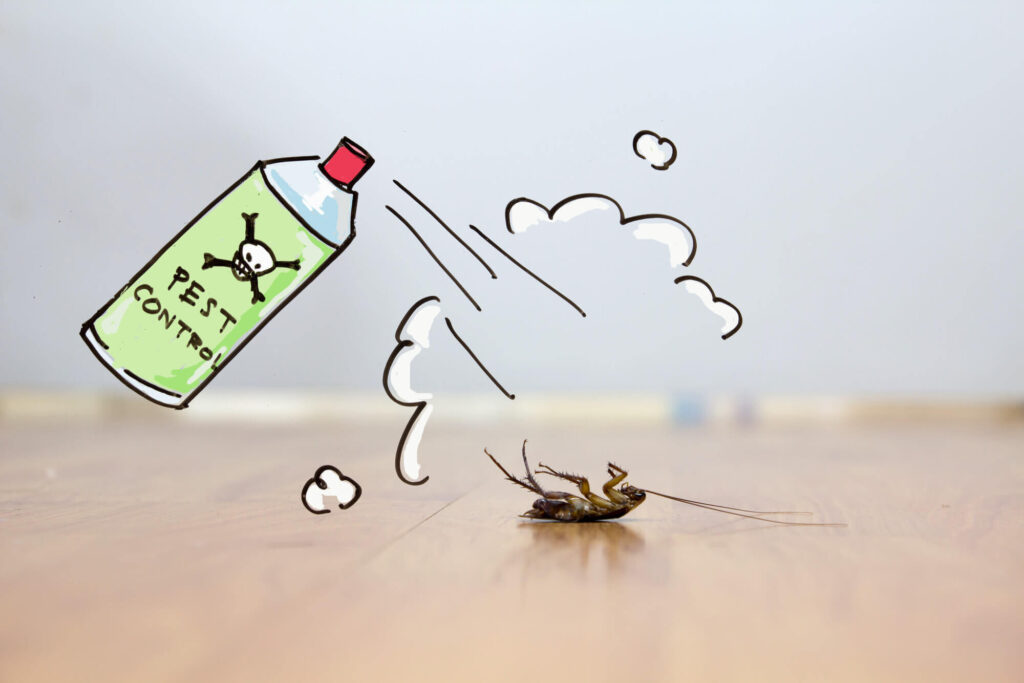
Pest Control
Pest infestations can be a significant headache for tenants, causing discomfort and potentially damaging the property. When such issues arise, questions often arise regarding the responsibility for pest control. Specifically, tenants wonder if landlords should bear the responsibility for dealing with pests. In this article, we will discuss whether landlords are responsible for pest control, focusing on the context of Sydney and the importance of termite pest control.
Understanding Landlord Responsibilities:
- Maintenance and Habitability:
- Landlords have a legal obligation to provide habitable living conditions to tenants.
- Ensuring a pest-free environment is part of this responsibility, as pests can affect the habitability and enjoyment of a property.
- Sydney, being a cosmopolitan city, is no exception to these responsibilities.
- Lease Agreements:
- Lease agreements play a vital role in determining the responsibilities of both landlords and tenants.
- Some lease agreements explicitly state that the landlord is responsible for pest control.
- In such cases, the onus is on the landlord to address any pest-related issues promptly.
- However, not all lease agreements include specific clauses regarding pest control, leading to potential disputes.
- Local Laws and Regulations:
- Local laws and regulations also influence the responsibilities of landlords regarding pest control.
- In Sydney, for example, the Residential Tenancies Act 2010 outlines the obligations of landlords and tenants.
- According to the Act, landlords must maintain the property in good repair, including addressing pest infestations.
- Failure to comply with these legal obligations can result in penalties and potential legal actions against the landlord.
The Importance of Pest Control in Sydney:
- Climate and Geography:
- Sydney’s climate, with its warm summers and mild winters, provides an ideal breeding ground for pests.
- The city’s proximity to water bodies and the presence of green spaces contribute to pest populations, including termites.
- Termite Pest Control:
- Termite infestations pose a significant threat to properties in Sydney.
- These destructive pests can cause extensive damage to wooden structures, compromising the structural integrity of buildings.
- Landlords need to prioritize termite pest control to protect their investments and ensure the safety of tenants.
Responsibility Allocation:
- Initial Pest Infestation:
- When a property has an existing pest infestation before a tenant moves in, the responsibility lies with the landlord.
- Landlords must address the issue and ensure the property is pest-free before the tenant’s arrival.
- This includes engaging professional pest control services, such as pest control Sydney companies, to eliminate the infestation effectively.
- Tenant-Caused Pest Infestation:
- If tenants contribute to a pest infestation through their actions or negligence, they are typically responsible for pest control.
- Tenants should maintain cleanliness, promptly report any signs of pests, and take necessary precautions to prevent infestations.
- Ongoing Maintenance:
- Landlords are responsible for the ongoing maintenance of the property, including preventive measures against pests.
- Regular inspections, routine pest control treatments, and ensuring proper sanitation can help prevent infestations.
Key Considerations for Landlords and Tenants
In the context of Sydney, landlords do bear a significant responsibility for pest control. They are obligated to provide habitable living conditions and address any pest infestations promptly. While lease agreements and local laws may influence the specific responsibilities, ensuring a pest-free environment is crucial for both landlords and tenants.
Sydney’s climate and the prevalence of termite infestations make termite pest control an important aspect of maintaining the integrity and value of rental properties. By fulfilling their responsibilities, landlords can protect their investments and provide tenants with a comfortable, pest-free living experience.





More Stories
Reasons to have square coasters with stands: Know before purchasing
Helpful Tips When Buying Whitby Windows
Common Pests and How to Control Them